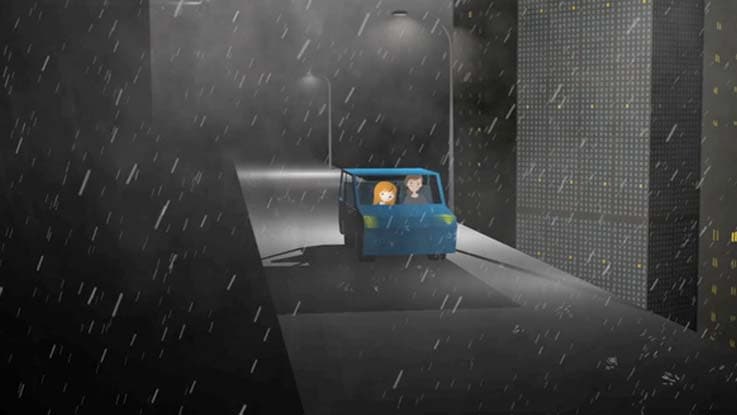
Jess and The Mighty Journey
When Jess was just five, her mum became too ill to work. With no one to help them, the little girl stepped up to keep their little household running.
Like many children who have experienced disadvantage, Jess lived in a lone-parent family.
As soon as she was old enough, Jess got a job to help out her mum. But at times, the money coming in wasn’t enough to keep a roof over their heads.
For Jess, life felt totally overwhelming. She couldn’t afford what she needed for school and she began to lose faith in herself.
Your help today can help give children like Jess the support and the encouragement they need to recover their confidence and succeed at their studies. Best of all, you can show them that there’s hope for a better future.
Right now, Australian children are living in poverty
Not all children get an equal start in life. Jess is just one of the one in six Australian children living in poverty today.
Some families have experienced many generations of poverty. For others, like Jess’s, a more recent change in health, employment or family relationships has affected them so badly that they are no longer able to meet the daily costs of living. With limited financial resources, the day to day life of a family changes significantly. If the parents are working, they are more likely to be working irregular hours or travelling long distances for work.
This puts pressure on other family members, including children, to keep the household running. Teenagers like Jess may have to work to supplement the family income, leaving them little or no time to study – and no one there to help them if they’re struggling with school work.
With so much focus on just ‘getting by’, many of these kids don’t have something as simple as a school bag, a complete uniform or the schoolbooks they need to make the most of their education. School excursions and activities are an impossible luxury. They are often teased or left out by other students because they don’t ‘fit in’.
The impact of disadvantage on learning
From the moment they are born, there’s an increased risk of disadvantaged children like Jess falling through the cracks. They often miss out on early learning experiences and opportunities that other children receive.
When they start school, they’re already behind. One in three children from Australia’s most disadvantaged communities do not meet one or more key developmental milestones when they start school.1

The Smith Family has given me the confidence to go ahead with my studies even when I wasn't entirely confident in myself.
Without the learning skills and support they need, they struggle to keep up. As the gap between them and their classmates widens their confidence erodes and their self-esteem crumbles, leaving them feeling overwhelmed, like Jess.
Disadvantaged students are on average 2-3 years behind in reading and maths by the time they are 15 years old.3 If we don't intervene in the early years, they can fall so far behind at school they give up trying – shut themselves off from their class mates, stop participating in class, or even give up on going to school altogether. This can set up a pattern of underachievement that can last the rest of their lives.
Research shows Year 12 completion rates are significantly lower (68%) for students from disadvantaged backgrounds than for students from more advantaged backgrounds (79%).4 Young people from advantaged backgrounds are three times more likely to attend university than students from vulnerable backgrounds.5
How you can help
Your support can change the lives of children like Jess, by providing them with the extra out-of-school support they need to catch up and keep up at school.
Your gift today will give a child access a range of out-of-school learning and mentoring programs that begin in the early years and continue through to high school and tertiary education.
By sponsoring a child like Jess, you can will be giving them life-changing, comprehensive support so they can finally fit in and get the most out of their schooling.
With you behind them, students like Jess can develop the skills, knowledge and confidence they need for long-term educational achievement, and better opportunities for further study and employment.
You can empower young Australians to lift themselves out of poverty and onto a better path – breaking the cycle of disadvantage, one child at a time.
How sponsorship helps

School essentials

Local, personalised support

Access to additional learning support

About Tales of the One in Six
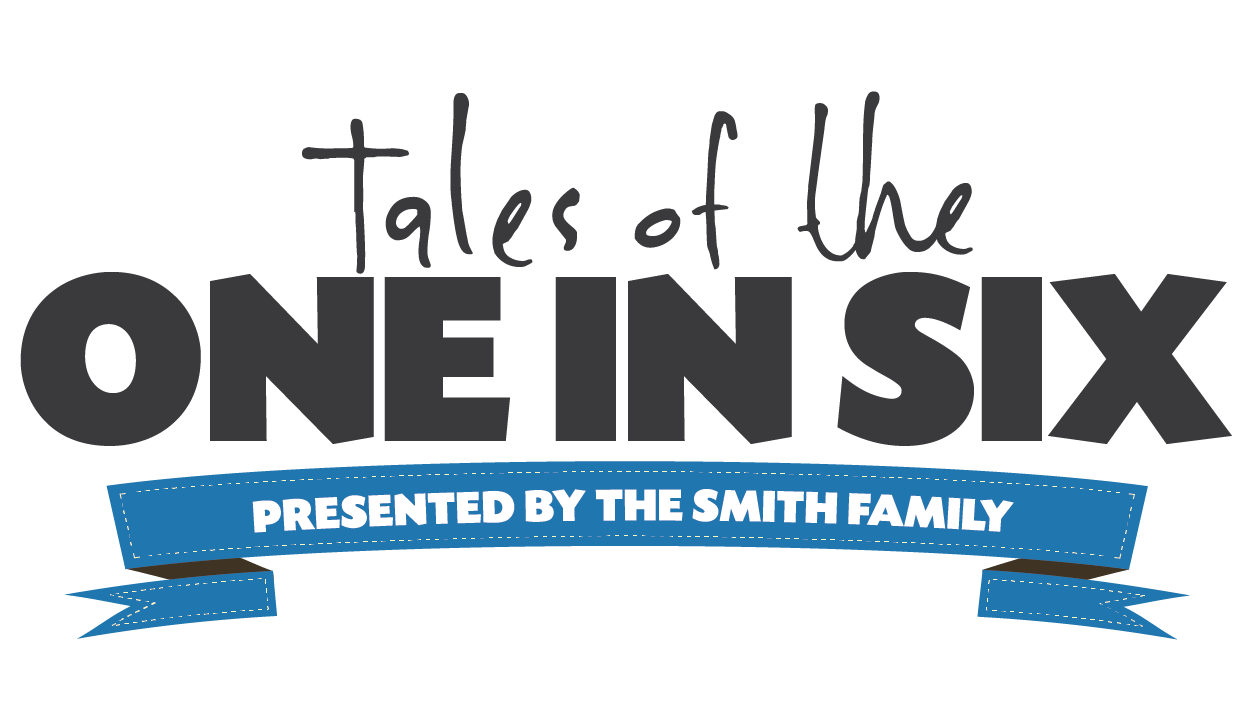
Tales of the ‘One In Six’ is an animated web series based on the real stories of Australian children from disadvantaged backgrounds, who struggle daily with the effects of financial hardship.
The stories are drawn from the challenging but inspiring stories of children who have overcome adversity, thanks to the generosity of people like you.
Using a simple animated style, together with elements of traditional fairy tales, these short films will draw you into the inner world of these children to reveal their stories of hardship and transformation.
Tales of the One in Six
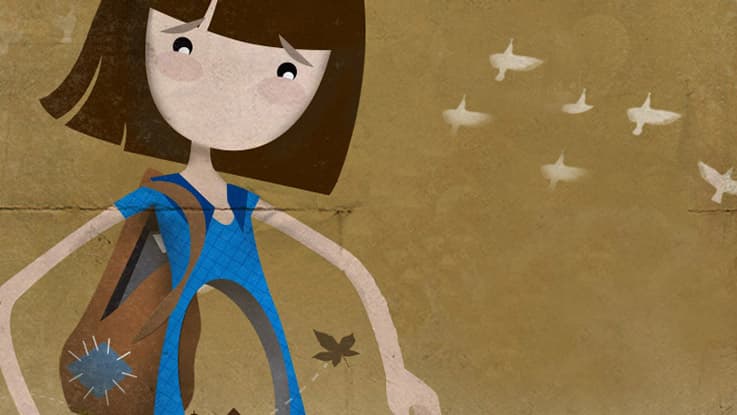
Alice and The Giant Emptiness
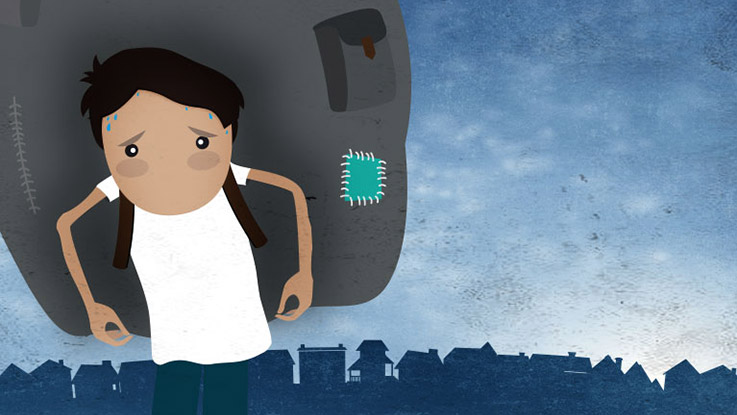
David and The Big Heavy
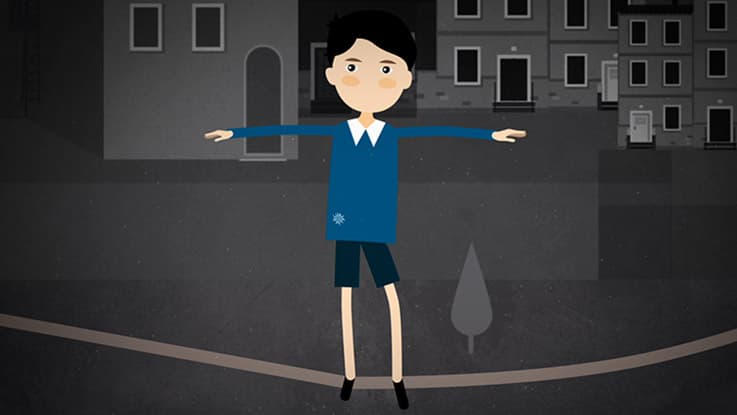
Steven and The Tightrope Walk
2Thomson et al, 2011, Challenges for Australian Education: Results from PISA 2009.
3Australian Curriculum, Assessment and Reporting Authority 2012. National Report on Schooling in Australia 2010: Additional statistics.
4Department of Education, Employment and Workplace Relations, 2008, Review of Australian Higher Education Final Report.


